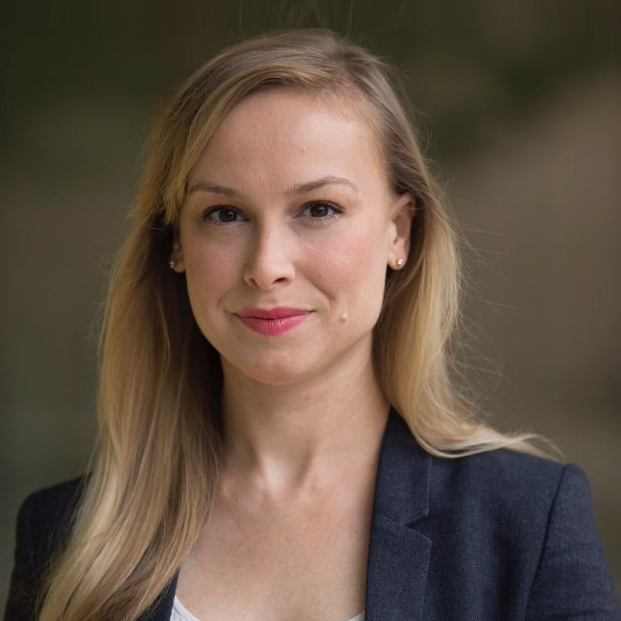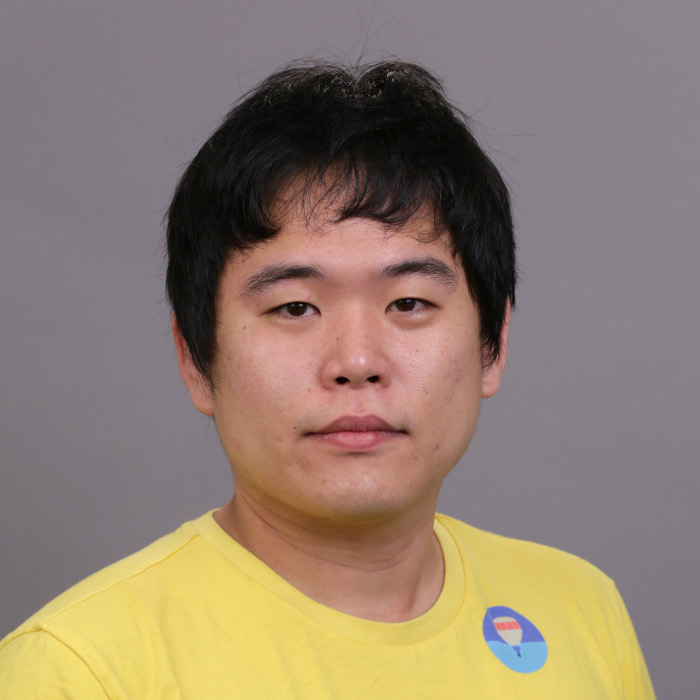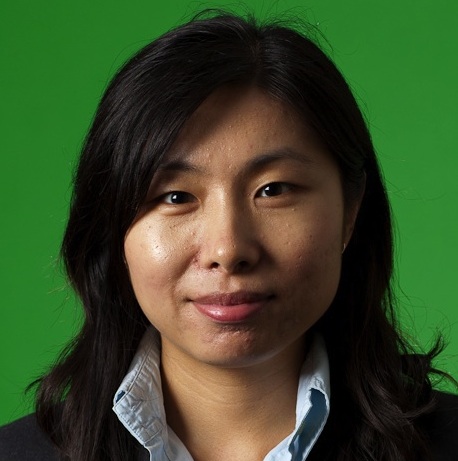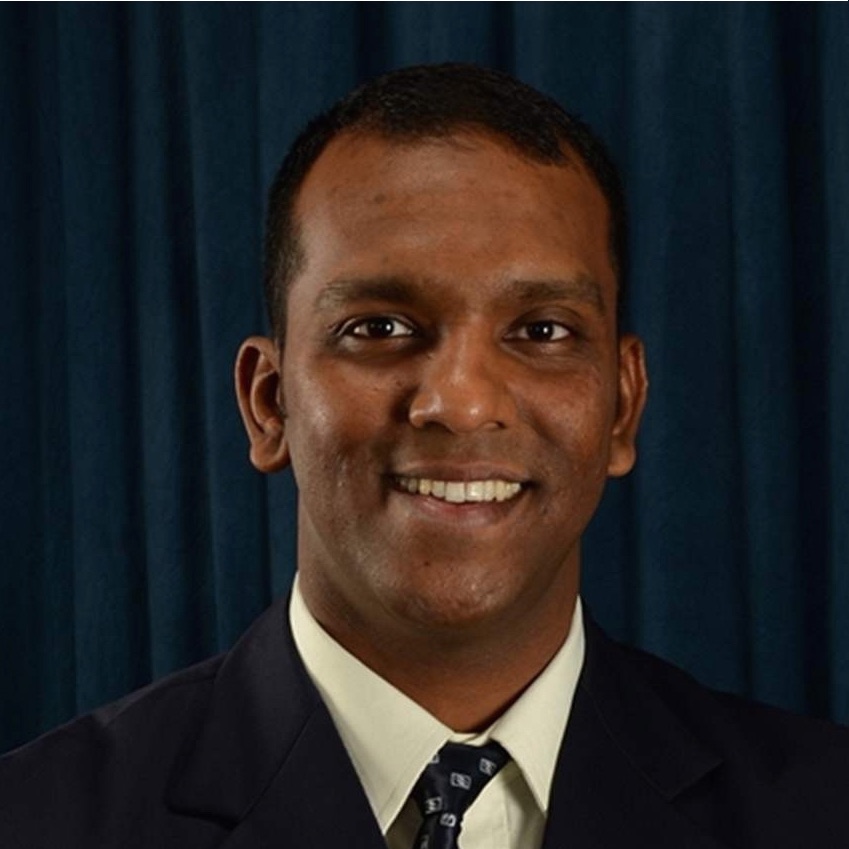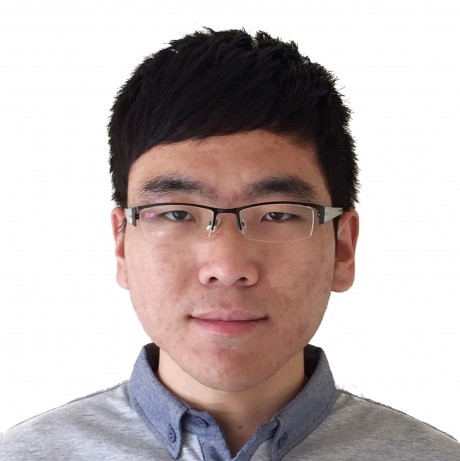Speakers
AI for Health - Augmenting Clinical Care
Today, we are collecting an immense amount of health data both inside and outside of the hospital.
While clinicians are studying ever more data about their patients, they are still ignoring the vast
majority of it. Transforming these observational data into actionable knowledge is challenging due
to a number of reasons including the presence of confounders, missing context, and complex
longitudinal relationships. At the same time, due to the high-stakes nature of healthcare, the field
requires tools that are not only accurate, but also interpretable and robust. In this talk, I will
present ongoing work focused on developing solutions to these challenges. In particular, I will show
how clinical domain expertise can be used to help guide model training and selection.
Bio
Jenna Wiens is a Morris Wellman Assistant Professor of Computer Science and Engineering (CSE) at the
University of Michigan in Ann Arbor. Her primary research interests lie at the intersection of
machine learning, data mining, and healthcare. She is particularly interested in time-series
analysis. The overarching goal of her research agenda is to develop the computational methods needed
to help organize, process, and transform patient data into actionable knowledge. Jenna received her
PhD from MIT in 2014. In 2015 she was named Forbes 30 under 30 in Science and Healthcare; she
received an NSF CAREER Award in 2016; and recently she was named to the MIT Tech Review's list of
Innovators Under 35.
Identifying Shifts in Evolutionary Semantic Spaces
Bio
Qiaozhu Mei is an associate professor at the University of Michigan School of Information. He
received his PhD degree from the Department of Computer Science at the University of Illinois at
Urbana-Champaign and Bachelor's degree from Peking University.
His interested in analyzing large scale text data, social and information networks, and user
behavior data. His research is broadly applied to Web search and mining, social computing,
scientific
literature mining, and health informatics. He also broadly interested in natural language
processing, machine learning, and social network analysis.
Generation in Neural Machine Translation
Bio
Kyunghyun Cho is an assistant professor of computer science and data science at New York University
and a research scientist at Facebook AI Research. He was a postdoctoral fellow at University of
Montreal until summer 2015 under the supervision of Prof. Yoshua Bengio, and received PhD and MSc
degrees from Aalto University early 2014 under the supervision of Prof. Juha Karhunen, Dr. Tapani
Raiko and Dr. Alexander Ilin. He tries his best to find a balance among machine learning, natural
language processing, and life, but almost always fails to do so.
Learning from Time Series Sensor Data (Cancelled)
Many applications, ranging from automobiles to financial markets and wearable sensors,
generate large amounts of time series data. In most cases, this data is multivariate and
heterogeneous, where the readings come from various types of entities, or sensors. These time series
datasets are often sparse, unlabeled, dynamic, and difficult to interpret. Therefore, there is a
need for methods that learn interpretable structure from such data, especially for methods that can
apply across many different domains. In this talk, I will discuss several approaches for analyzing
time series data, as well as future directions of research in this field, incorporating different
research areas ranging from distributed convex optimization to deep learning.
Bio
Jure Leskovec is Associate Professor of Computer Science at Stanford University, Chief Scientist at
Pinterest, and investigator at Chan Zuckerberg Biohub. His research focuses on machine learning and
data mining applied to social, information and biological networks, their evolution, and the
diffusion of information and influence over them. Computation over massive data is at the heart of
his research and has applications in computer science, social sciences, economics, marketing, and
healthcare. This research has won several awards including a Lagrange Prize, Microsoft Research
Faculty Fellowship, the Alfred P. Sloan Fellowship, and numerous best paper awards. Leskovec
received his bachelor's degree in computer science from University of Ljubljana, Slovenia, and his
PhD in in machine learning from the Carnegie Mellon University and postdoctoral training at Cornell
University.
